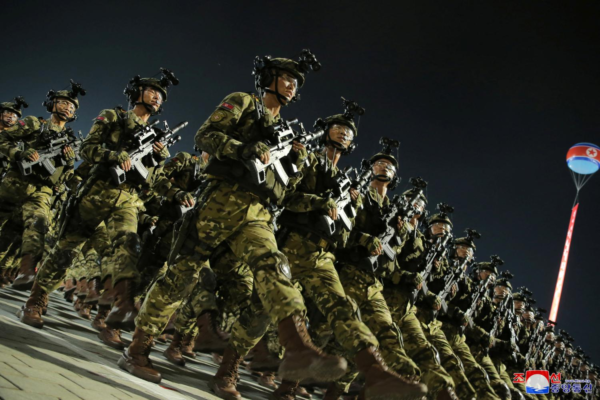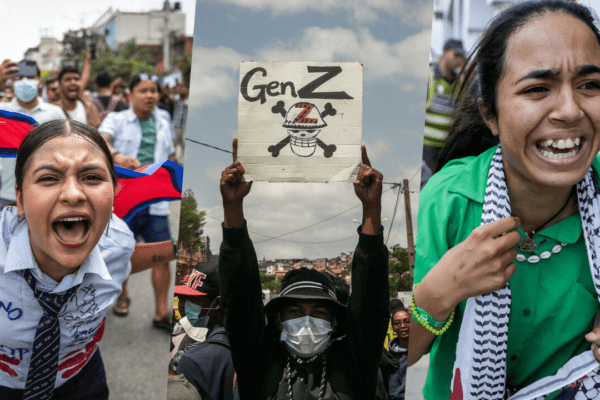Protective measures taken with hope of rebuilding news operations in future WASHINGTON – With the government shutdown and delay in receiving funding for the new fiscal year, effective Oct. 31, Radio Free Asia (RFA) will halt all production of news content for the time being. The move is part of a plan for the Congressionally-funded private corporation to implement cost-saving measures that can help sustain the organization should appropriated funding streams resume. President and CEO Bay Fang issued the following statement: “Because of the fiscal reality and uncertainty about our budgetary future, RFA has been forced to suspend all remaining news content production – for the first time in its 29 years of existence. In an effort to conserve limited resources on hand and preserve the possibility of restarting operations should consistent funding become available, RFA is taking further steps to responsibly shrink its already reduced footprint. “This means initiating a process of closing down overseas bureaus and formally laying off furloughed staff and paying their severance – many of whom have been on unpaid leave since March, when the U.S. Agency for Global Media unlawfully terminated RFA’s Congressionally appropriated grant. “However drastic these measures may seem, they position RFA, a private corporation, for a future in which it would be possible to scale up and resume providing accurate, uncensored news for people living in some of the world’s most closed places.” During its tenure, RFA’s groundbreaking reporting on the Uyghur genocide in Xinjiang, the CCP’s cover-up of COVID-19 fatalities, the unfolding crisis in Myanmar since the 2021coup, Chinese hydropower projects in the Tibetan regions, and the journeys of North Korean defectors has built a public record of transparency in some of the world’s most repressive places, holding autocrats and elites accountable to their people and internationally. Other measures to conserve resources on hand include ending leases of overseas offices and bureaus in Dharamsala, Taipei, Seoul, Istanbul, Bangkok, and Yangon. In the last five years, RFA created new editorial units focused on China’s malign influence in the Indo-Pacific region and globally, investigating PRC secret police stations in the United States and Europe, election interference by the Chinese Communist Party in Taiwan and other Asian countries, and PRC influence operations in Pacific island countries. RFA’s incisive brand of journalism has made it and its journalists a constant target, with its reporters facing pressure and threats since its inaugural report in Mandarin was heard in China on Sept. 29, 1996. Authorities in China, Vietnam, Myanmar, and Cambodia have detained family members, sources, reporters, and contributors. Listeners in North Korea have been severely punished and reportedly executed for accessing RFA’s reports. Nevertheless, RFA’s journalistic operations have until now withstood government intimidation and attacks. In the months since the USAGM illegally terminated its Congressionally appropriated grant to RFA, and despite layoffs and furloughs that diminished editorial staff by more than 90%, the private grantee has continued to fulfill its Congressional mandate to provide accurate, timely news to people living in some of the most closed media environments in Asia thanks to a preliminary injunction issued by the United States Federal District Court for the District of Columbia, which USAGM has appealed. RFA has also continued to win awards for its reporting, including two national Edward R. Murrow awards in August and a Gracie Award in March. While many services, including RFA Uyghur and Tibetan, have already gone dark, others have continued to produce limited output, including RFA Burmese, Khmer, Korean, Mandarin Chinese, and Vietnamese. But these will cease on Oct. 31. We are : Investigative Journalism Reportika Investigative Reports Daily Reports Interviews Surveys Reportika










